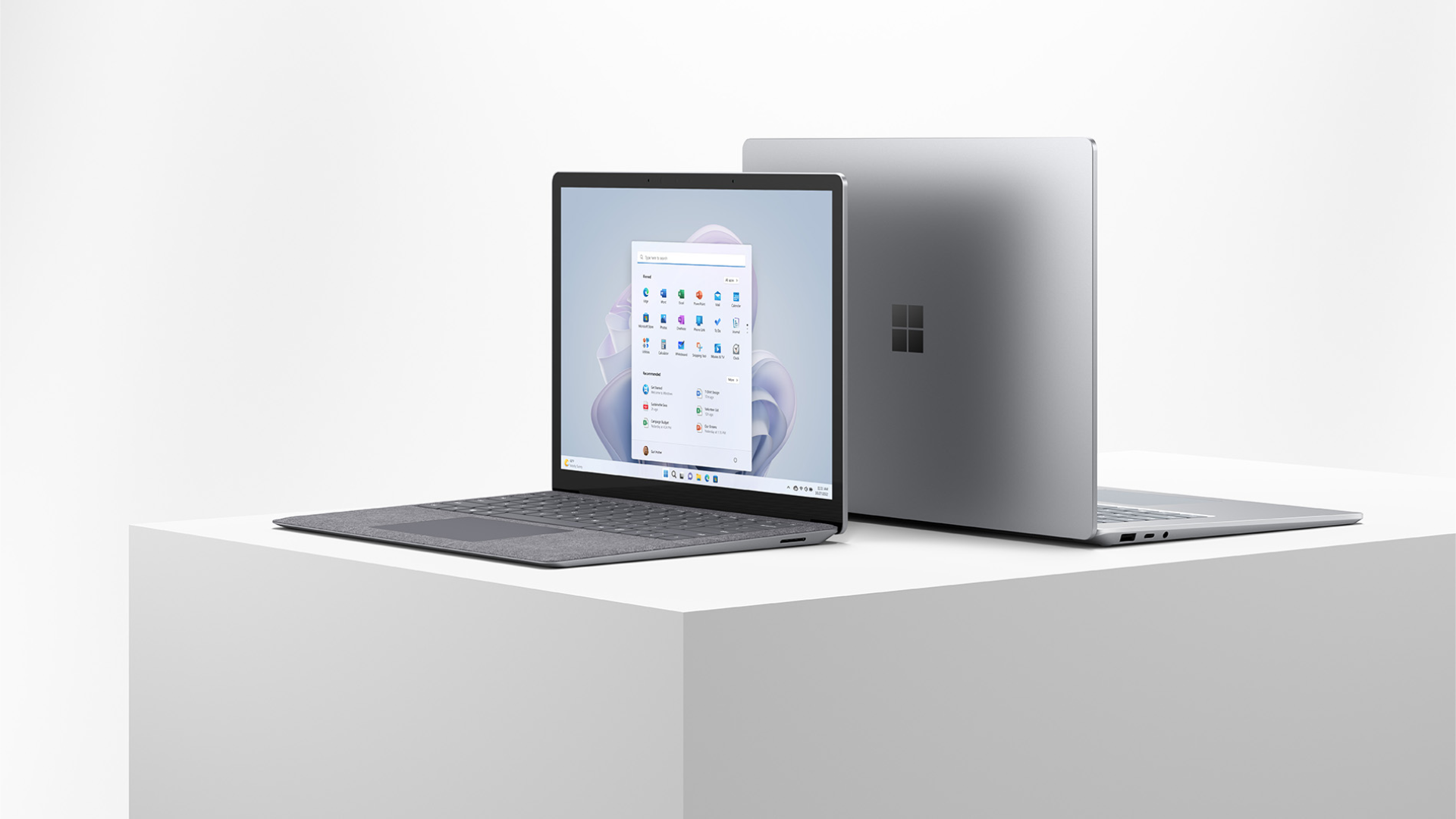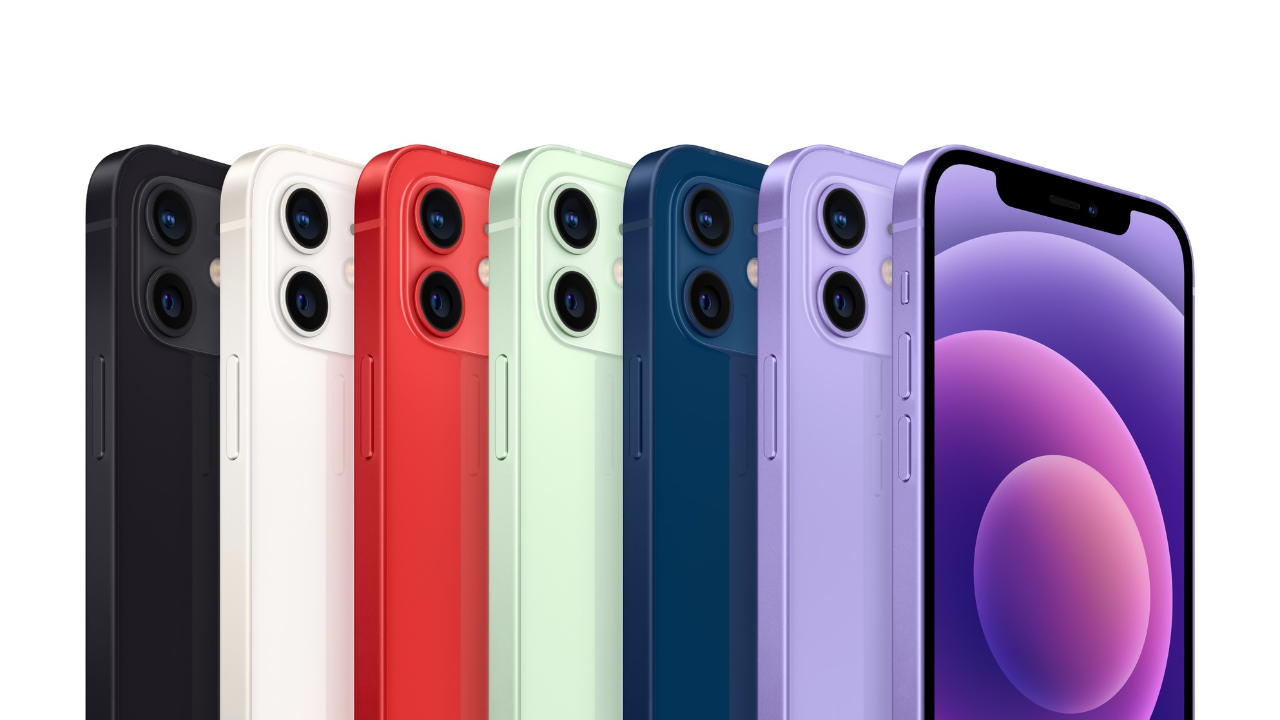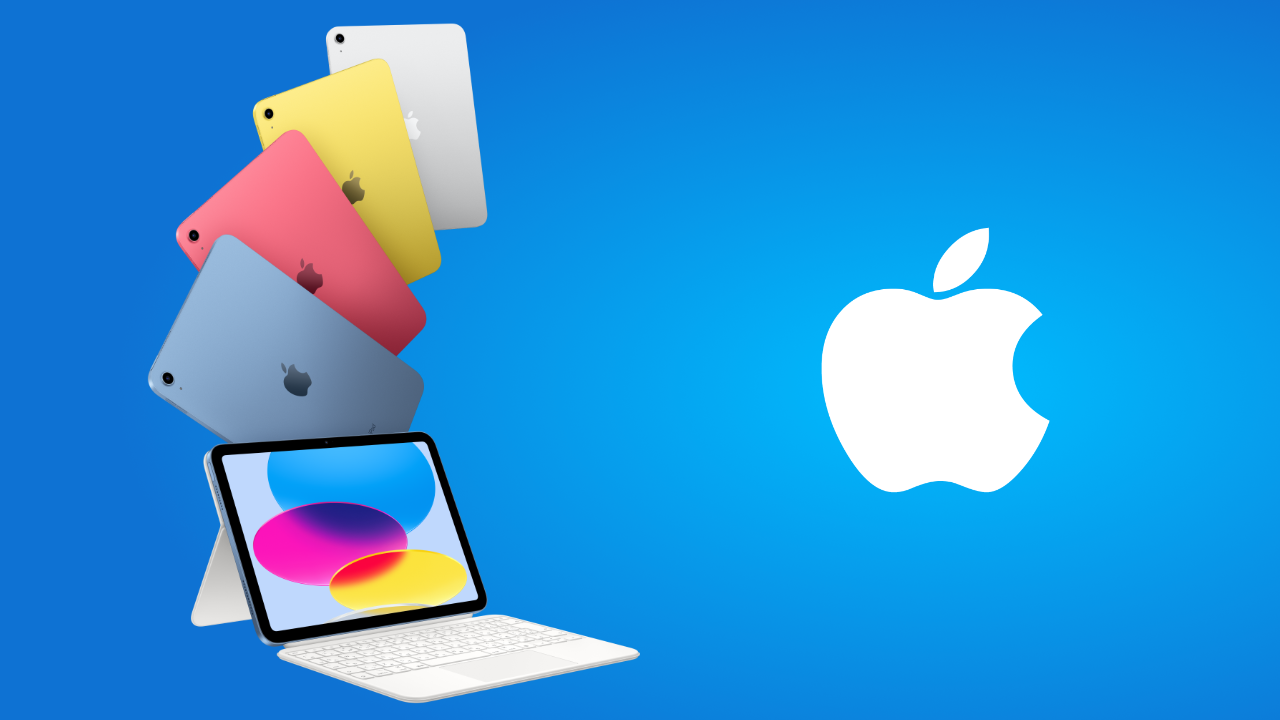Google is at it again; the company has announced major changes for developers, not at their annual Google I/O but right after Microsoft announced Windows 11 and its support for Android APKs. The timing is peculiar, Google and Microsoft’s agreement to cease hostilities is ending, antitrust scrutiny is extremely high and like I mentioned above, Microsoft just announced Windows 11 with Android APK app support through Amazon’s app store.
Since Android launched Android apps were packaged in the .apk format, but come August Google will require that apps published in Play Store need to be published in the .aab format. Google also says that since the .aab format launched in “May 2018 we’ve seen our developer community embrace this new standard to benefit from streamlined releases and advanced distribution features. There are now over 1 million apps using app bundles in production, including the majority of the top 1,000 apps and games on Google Play such as Adobe, Duolingo, Gameloft, Netflix, redBus, Riafy, and Twitter.”
Google is touting potential benefits with the .aab format like small app downloads and more:
- Android App Bundle: Google Play uses the app bundle to generate and optimize APKs for distribution for different device configurations and languages. This makes your app smaller (on average, 15% smaller than a universal APK) and faster to download, which can lead to more installs and fewer uninstalls.
- Play App Signing: Play App Signing, which is required for app bundles, protects your app signing key from loss by using Google’s secure infrastructure and offers the option of upgrading to a new, cryptographically stronger app signing key.
- Play Feature Delivery: Used by more than 10% of the top apps using app bundles, Play Feature Delivery gives you the ability to customize what feature modules are delivered to which device and when, with install-time, conditional, and on-demand delivery modes.
- Play Asset Delivery: Reduces user waiting time by dynamically delivering large assets while cutting delivery costs. Games using Play Asset Delivery can use texture compression format targeting, so your users only get the assets suitable for their device, with no wasted space or bandwidth.
- Future improvements: Soon, Play App Signing will start rolling out APK Signature Scheme v4 to select apps making it possible for them to optionally access upcoming performance features available on newer devices. Tune into the Google for Games Developer Summit on July 12 to find out more.
Google does point out that existing apps are “currently exempt” from the Android App Bundle requirement coming in August. on a technical level, it makes sense to publish the app as a bundle and only have to install the part of the app you need for your device and not everyone else’s. The shitty part is that it is not an open standard and seem to preference its own store in an apparent attempt to have developers skip publishing to Amazon or Samsung’s app stores who currently support APKs. Developers who move to AAB can no longer distribute the same app to other app stores and Google will likely cite security in order to restrict the freedom of customers to choose alternative app stores. It always comes down to that doesn’t it, weather it is Apple touting security and restricting your economic freedom to choose apps outside their store or the government subjecting you to increased security at airports, the choice is the same, no choice at all.





